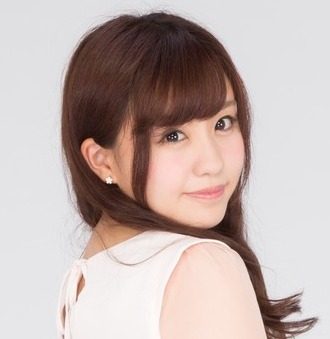Antonym:たかい (takai) vs. ひくい (hikui)
What is the difference between What is the difference between “たかい(takai) and ひくい(hikui)”? Which is used as the meaning of “high”? After reading this, you would be answering this question. Let me introduce what their subtle differences are and how you correctly use them such as native speakers today!
たかい (takai)
High, Expensive, Tall / 高 / 높다 / Cao
“たかい(takai)” means “High, Expensive and Tall” and which has been used as the meaning of “being a large distance from top to bottom”. The basic ways to use it are that “___は/がたかい。(___ is high.)”, etc. For instance, “家賃がたかい。(The rent is high.)”, “あなたの背はたかい。(You are tall.)”, “値段がたかい。(The price is expensive.)”, etc. Everyone could use “たかい” as casual, polite and formal such as “背がたかいね。(You are tall.)” as casual and “背がたかいですね。(You are tall.)” as polite and formal. Kanji of “たかい” is “高い”.
\ Learn Japanese language online with a personal native teacher!/
Sample
高そうだね。 (It looks expensive.) (它看起来很贵。) (높아보이네.) (Trông có vẻ cao nhỉ.)


声が高いです。 (I have a high voice.) (我的声音很尖。) (목소리가 높습니다.) (Giọng nói cao vút.)


背が高いですね。 (You’re tall.) (你个子好高啊。) (키가 크네요.) (Người cao nhỉ.)


思ったより高いね。 (It costs more than I thought.) (比我想象的要高。) (생각보다 높네.) (Cao hơn tôi nghĩ đấy.)
ひくい (hikui)
Low, Cheap, Sort / 低 / 낮다 / Thấp
“ひくい(hikui)” means “Low, Cheap and Sort” and which has been used as the meaning of “not measuring much from the base to the top”. The basic ways to use it are that “___は/がひくい。(___ is low.)”, etc. For instance, “家賃がひくい。(The rent is low.)”, “あなたの背はひくい。(You are short.)”, “値段がやすい。(The price is cheap.)”, etc. Everyone could use “たかい” as casual, polite and formal such as “背がひくいね。(You are short.)” as casual and “背がひくいですね。(You are short.)” as polite and formal. Kanji of “ひくい” is “低い”.
Sample


どっちのドレッシングが低カロリーなの? (Which is the lower-calorie dressing?) (哪种酱汁热量比较低?) (어느 드레싱이 칼로리가 낮아?) (Nước sốt nào thì ít calo hơn vậy?)


声が低いです。 (I have a low voice.) (我的声音很低沉。) (목소리가 낮습니다.) (Giọng nói trầm.)


背が低いですね。 (You’re short.) (你个子好矮啊。) (키가 작네요.) (Người thấp nhỉ.)


この部屋の天井は低いね。 (This room’s ceiling is very low.) (这个房间的天花板很低。) (이 방의 천장은 낮네.) (Trần nhà của căn phòng này thấp nhỉ.)
\ Learn more! /









Comments